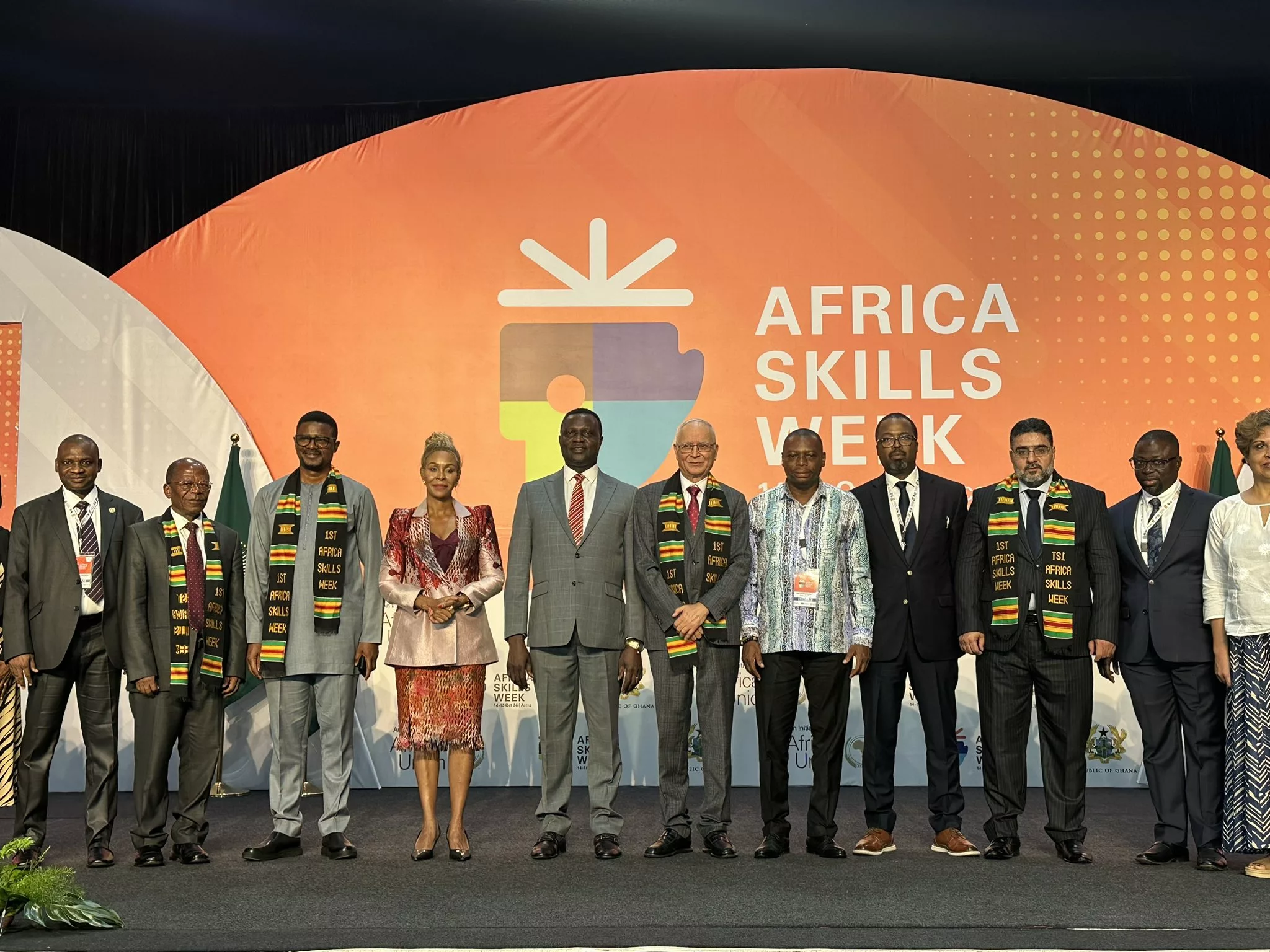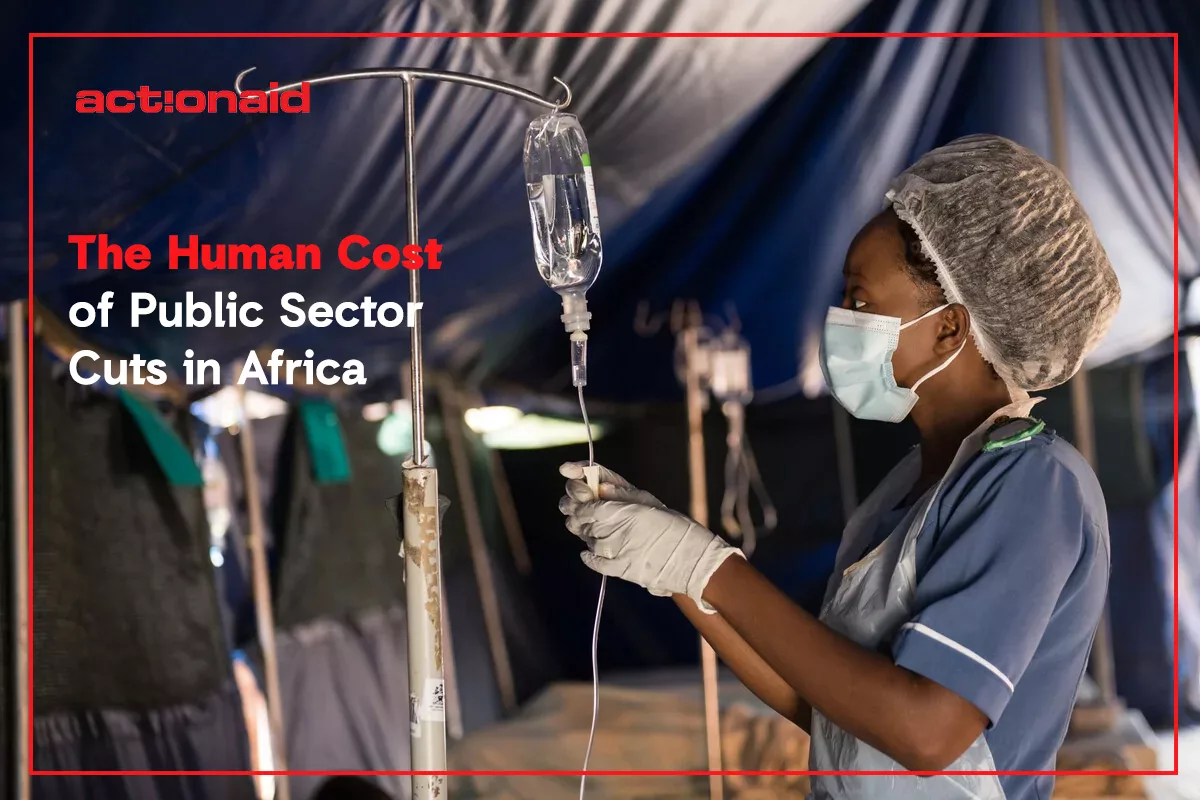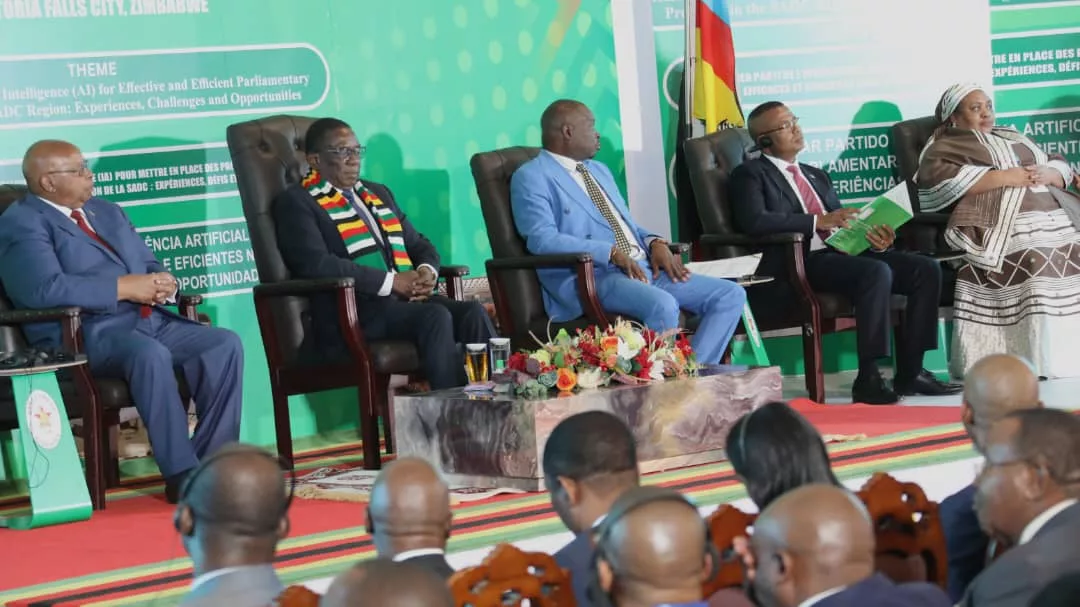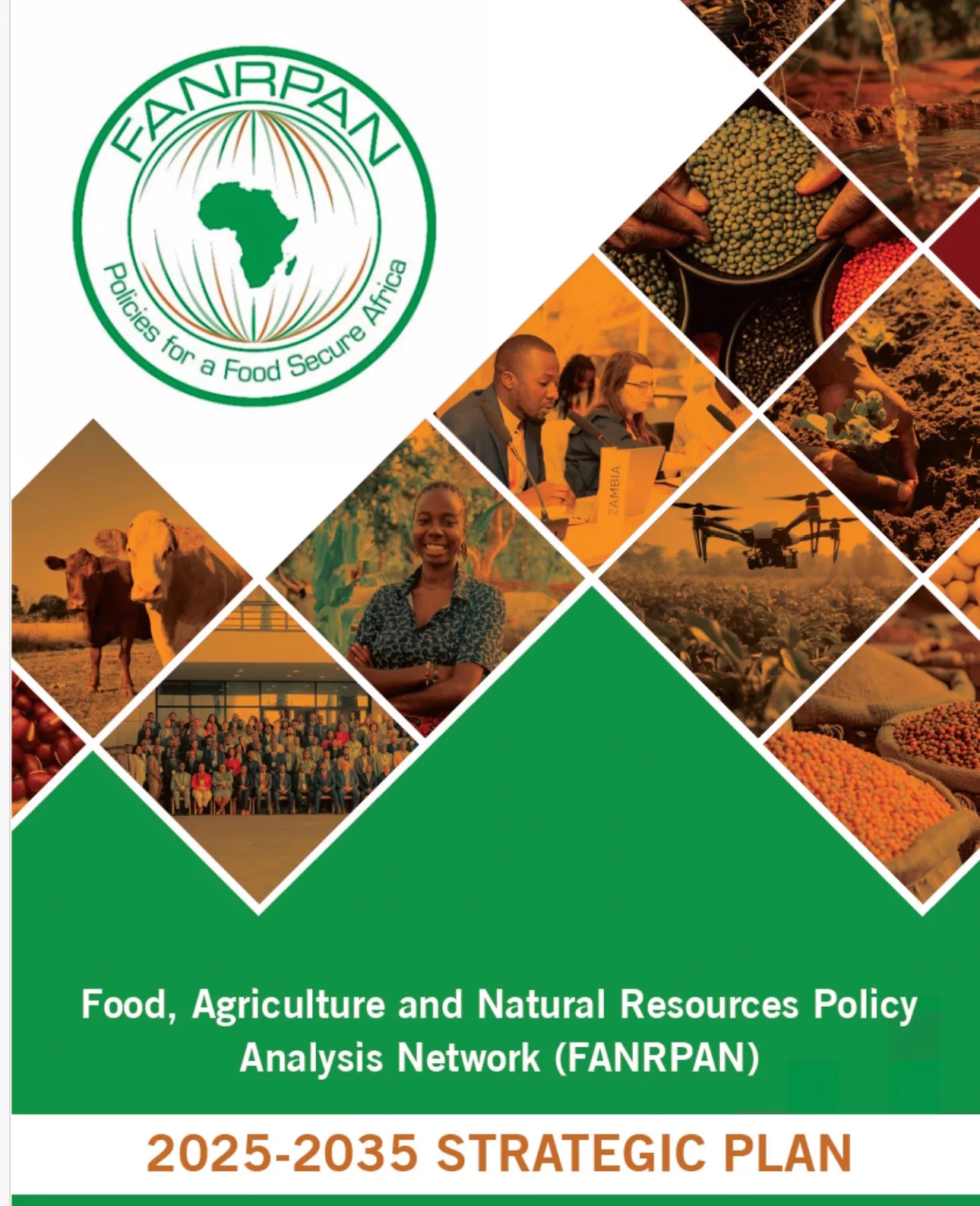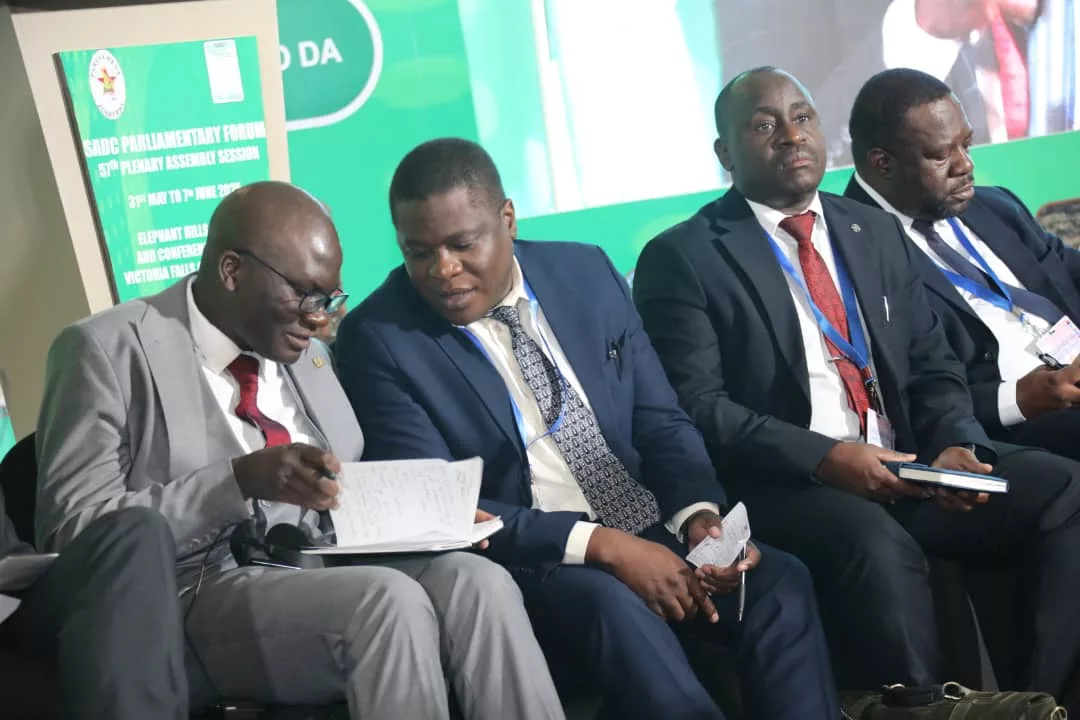|
Getting your Trinity Audio player ready...
|
Accra, Ghana, 17 October 2024: Technical and vocational education and training (TVET) holds the power to change the lives of Africa’s youth, women, persons with disabilities and displaced people – catalyzing economic growth and social equity.
This was the main message that rang out on day four of Africa Skills Week (ASW) in Accra, Ghana.
Jessica Annor, Head of the Youth, Gender and Women’s Empowerment Unit at the African Union Development Agency-NEPAD, told the conference that “TVET is practical, hands-on and allows vulnerable people to be skilled so they can make an impact on society and at community level … [so we can] build a more inclusive Africa where no one is left behind.”
ASW is taking place in Accra from 14 to 18 October 2024, themed around “Skills and jobs for the 21st century: quality skills development for sustainable employability in Africa”. This focus aligns with the African Union’s Year of Education in 2024.
The conference is being hosted by the Government of Ghana in partnership with the African Union (AU). It is supported by Germany through the Deutsche Gesellschaft für Internationale Zusammenarbeit (GIZ); as well as by the International Labour Organization (ILO); UN Educational, Scientific and Cultural Organization (UNESCO); World Bank; Ghana’s Commission for TVET (CTVET); and Ghana’s Ministry of Education, and Ministry of Foreign Affairs and Regional Integration.
Several initiatives that are making a difference at the local level were profiled, including Building a Pathway Out of Poverty in Somalia. This project targets ultra-poor households and internally displaced people in a country plagued by political instability and drought.
By partnering with enterprises to sponsor trainees’ attendance in TVET programmes, it has already succeeded in elevating poor households – particularly female-headed ones – out of extreme poverty. Of the 1 893 students who have graduated since the project was initiated in 2021, 60% are girls and women aged 16 to 40, and 76% have found employment.
Another transformative initiative was highlighted by Musema Robert, a sustainable fashion designer and menstrual health advocate from Uganda. His Msema Culture empowers girls, women and young people – including “dropout students” – through vocational training in sustainable tailoring. The trainees are then able to sell the products they create.
“The goal of this project is to enhance the power of fashion and use it for communication and advocacy, as well as addressing critical social issues such as unemployment and gender-based violence in our communities,” he said. “We conduct training sessions and provide accessible learning opportunities that respect the domestic responsibilities of participants. This approach allows learners to balance their training with home duties, thus encouraging higher enrolment and retention rates.”
As African countries prepare to implement the AU Continental TVET (CTVET) Strategy (2025 to 2034) to promote a transformative skills agenda for the continent that is aligned with the AU’s Agenda 2063, ASW delegates agreed that the strategy’s success will depend on solid collaboration among all stakeholders.
Dr Vanessa Phala-Moyo, Country Director of the ILO Office for Nigeria, Ghana, Liberia and Sierra Leone, said the ILO’s experiences with TVET projects on the ground in Ghana have proved instructive in confirming the value of forging strong and inclusive partnerships. They have also reinforced the need for “shared responsibility” when it comes to implementation, she added.
“With the SKILL-UP Ghana Project, we have been able to establish a number of sector skills bodies – 16 so far,” she said. “The target is 22 for the various sectors, including agriculture, automobile, pharmaceuticals, agriculture and ICT. We and several other partners are working together. This [collaboration] is very important because it contributes to producing skills that are responsive to the needs and demands of the labour market.”
Dr Phala-Moyo noted that these sector skills bodies have been built on the foundation of social dialogue, and have secured the buy-in of social partners such as the Ghana Employers Association and Ghana’s Trades Union Congress. “So, for us, it’s critical to ensure that partner contributions are comprehensive and inclusive in terms of the CTVET Strategy. It can only be impactful if it’s owned by all partners.”
The recently adopted AU-ILO Youth Employment Strategy for Africa, developed in consultation with youth bodies, also highlights the role of employers and workers in promoting decent work in Africa. Several ASW delegates said it is vital to involve Africa’s youth as equal partners in the conversation around training for the jobs of the future.
Fittingly, a number of high school students from Accra were invited to share their insights at the skills conference. They spoke about the importance of researching their “dream careers”, obtaining parental and teacher buy-in and encouragement for their career choices, removing financial barriers to studying and training, and considering the impact that their choice of career will have on society.
“Vocational education and training reduces unemployment and is the way to development,” said one of the teenagers.


